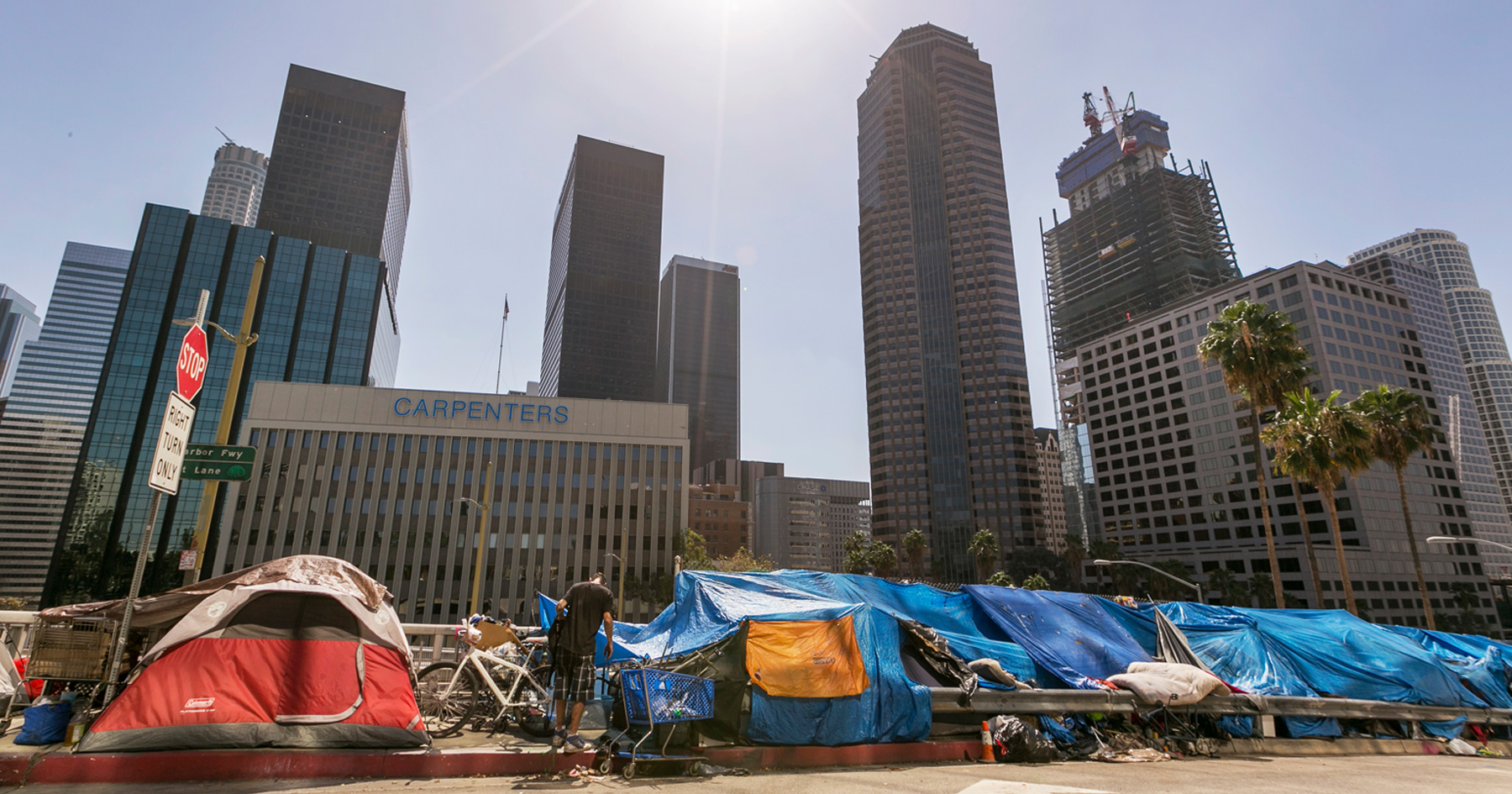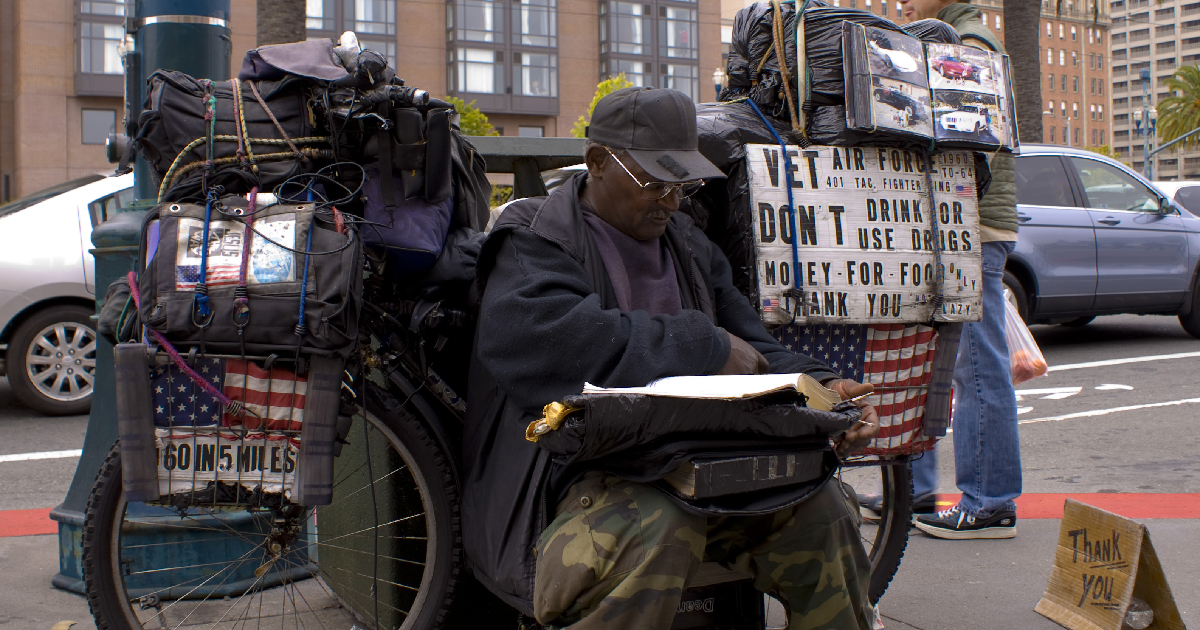Sean Avery Mocks the Homeless on Snapchat

By:
Former NHL player Sean Avery was notorious for his obnoxious behavior on the ice. Now, it seems that instead of pestering opponents, he's targeting homeless people.
Last week, Avery posted Snapchat videos in which he asks homeless people what time it is. The individuals don't answer Avery — who earned an estimated $12.3 million in his NHL career — and seemed confused by the random intrusion. This is apparently an ongoing "skit," one Twitter user wrote.
As far as Avery is concerned, however, asking homeless people for the time isn't harassment, per se. He responded to criticism of the series on Twitter, writing that harassment is, by legal definition, "the act of systematic and/or continued unwanted and annoying actions of one party or a group, including THREATS and DEMAND."
Deadspin's Samer Kalaf sees Avery's point:
"I guess Avery’s right. Since he didn’t threaten or demand anything from these homeless people, he didn’t harass them. Feel free to find another word to describe a person waking up vagrants for laughs and putting the videos on the internet."
However, regardless of Avery's intentions, the fact remains that the homeless population — which numbers more than 500,000 in America, Reuters reports — is often depicted as a threat to society even though homeless people are disproportionately victimized themselves. A team of researchers at UC San Francisco, discovered as much in a 2014 study published in the American Journal of Public Health.
The researchers asked 291 homeless women living on the streets or in shelters whether they've experienced physical, sexual, or emotional violence. About one-third of the women said they've experienced physical or sexual violence, and two-thirds reported that they've been the victims of emotional violence.
 AP/Damian Dovarganes - apimages.com
AP/Damian Dovarganes - apimages.com
"The violence that these women experienced in homeless shelters or low-income housing situations was 'disproportionately' not perpetrated by intimate partners," Pacific Standard Magazine reports. "In most cases, this was not domestic violence in the way we typically think about it — it was violence from strangers, acquaintances, or other family members."
It's not just women, either. Across the board, homeless people are subjected to disproportionate physical and emotional violence, according to The Homeless Hub, a research organization focused on homelessness in America.
 Flickr/Vera Yu and David Li - flic.kr
Flickr/Vera Yu and David Li - flic.kr
"People who are homeless suffer from a lack of guardianship, increased exposure to criminals, and the inability to avoid dangerous areas," The Homeless Hub writes. "All of these factors increase an individual’s vulnerability to crimes that include assault, robbery, theft, vandalism and sexual assault."
